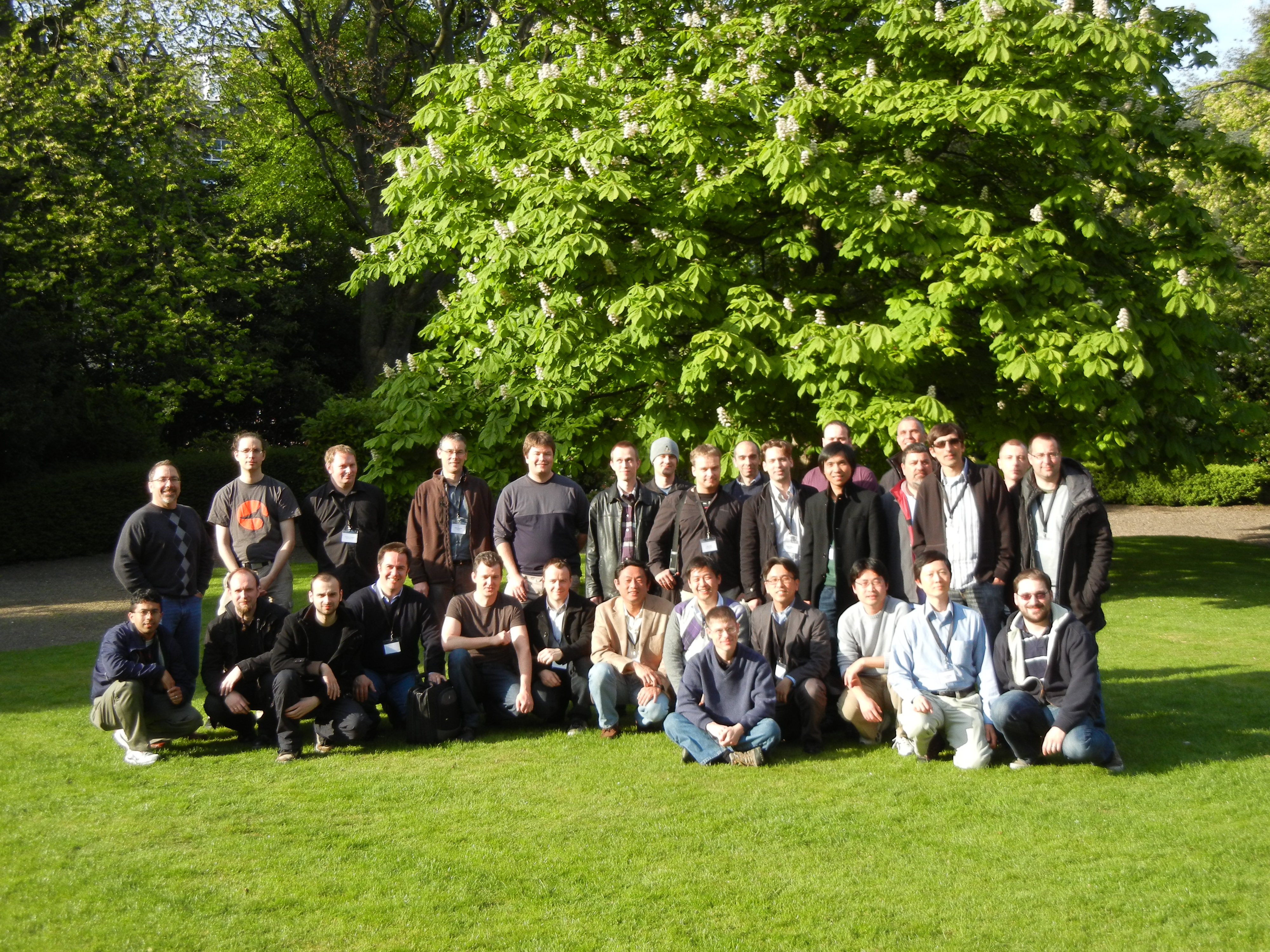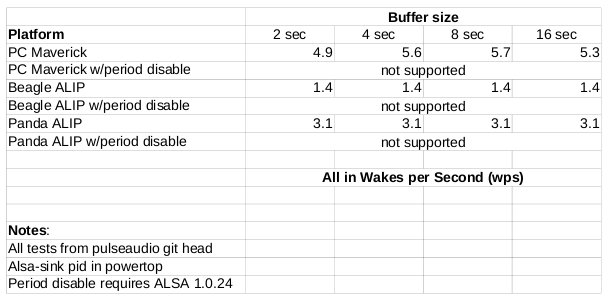Now there are two. Yes, there are now two different UCM prototypes for Android on Pandaboard. But why? Well, the first, tinyHAL, came out of conversations with Mark Brown and others, as described in my earlier post. The second came from later discovering that Gabriel Beddingfield had implemented a similar PoC for Blaze. They are both good starts and both have their pluses, and now both run on Pandaboard with the Linaro Android builds.
The first, tinyHAL is available at here. The second, android-ucm, is available here. I have also facilitated the relicensing of the dependencies for android-ucm and deposited them here and here. Please refer to the README in each of these repositories for the instructions on how to build these components in a Linaro Android build (edit: Linaro has removed these git repos, contact them directly for this source).
So, which one should be used and enhanced? Well, I like the XML mapping from android-ucm, and I like the XML configuration formats from tinyHAL. I suspect that the way forward should be to decide the best features, and then combine, refactor, and merge efforts. For now, try them both and see which one you prefer. As always, contributions are always welcome and feel free to contact me or linaro-dev@lists.linaro.org if you have comments.

